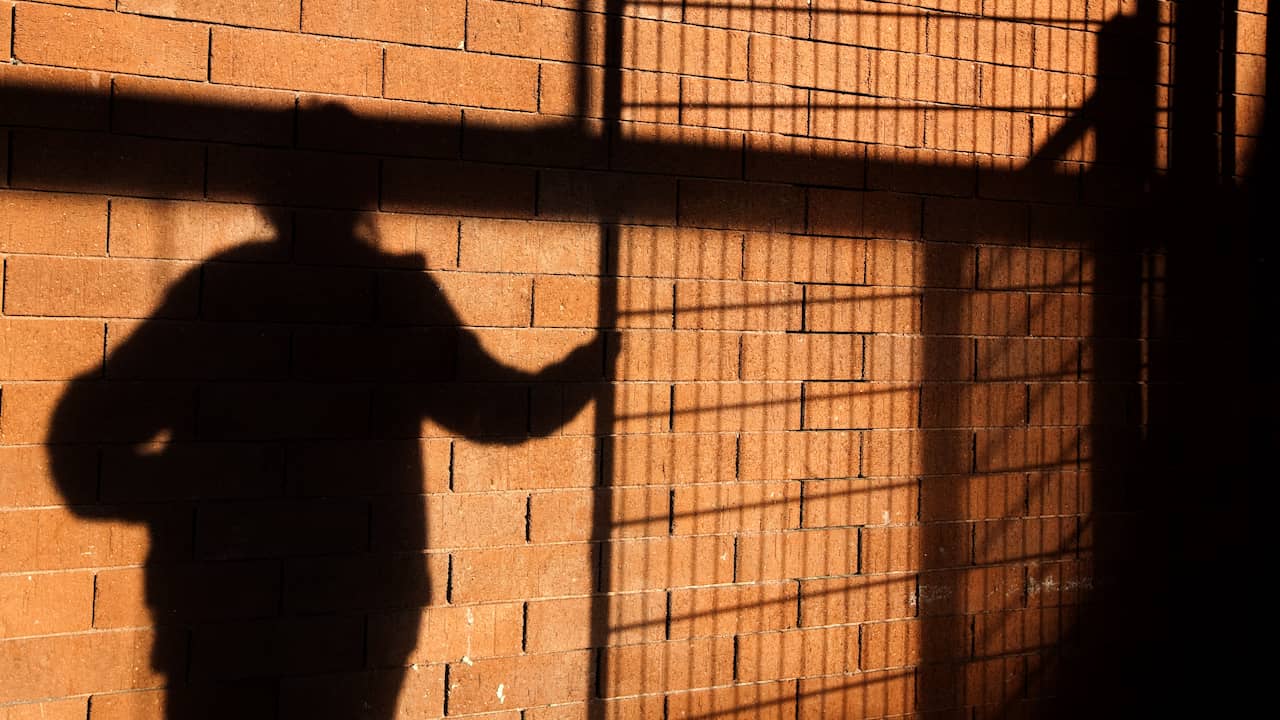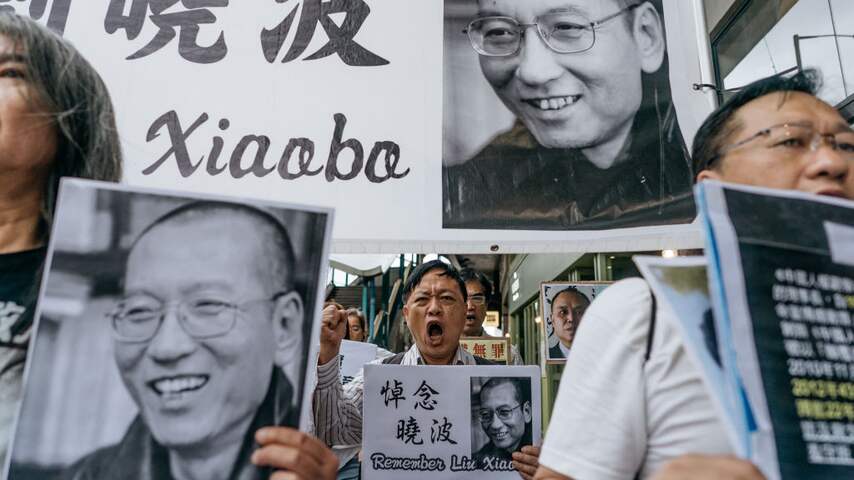
An Iranian woman wins the Nobel Prize in prison: These imprisoned winners preceded her outside
Iranian activist Narges Mohammadi won the Nobel Peace Prize in captivity on Friday. This is not the first time that an important peace award has gone to an imprisoned person. These four winners preceded Al-Mohammadi.
1935: Carl von Ossetsky
German journalist Carl von Ossetsky was in a concentration camp in 1935 when he won the Nobel Peace Prize. Criticism of the course of the Nazi regime led to his imprisonment in 1934. Nazi leader Adolf Hitler was so angry at von Ossetsky’s election that no Germans were allowed to travel to receive the award.
With the award of the Nobel Prize, von Ossetsky’s imprisonment entered the media. This increases pressure on the Nazi regime to release the journalist. This finally happened in 1936, a move that may be linked to the Olympic Games held in Berlin that year.
1991: Aung San Suu Kyi
In 1991, the Nobel Peace Prize went to Aung San Suu Kyi. It became known during the 1988 national protests in Burma, now Myanmar, against the established authority. Her political party won the 1990 elections. Military rulers refuse to transfer power. As a precaution, they had already placed Aung San Suu Kyi under house arrest at that time. This situation will continue until 2010.
In 2012, she still had a chance to enter politics, and three years later Aung San Suu Kyi took over. Under her supervision, the army deals with the Rohingya population. It is estimated that about 25,000 people were killed.
In 2021, Aung San Suu Kyi was arrested again after the coup. After several trials, she was sentenced to 33 years in prison, although this sentence was later reduced to 27 years.
 1:03
1:03Rohingya prematurely dig graves for their children in refugee camps
2010: Liu Xiaobo
Liu Xiaobo became famous in China in the 1980s as a book reviewer. When he decided to support protests against the Communist Party in 1989, he became a target of the authorities. In the years that followed, Liu Xiaobo was sentenced to prison three times for “subversive activities.”
In 2009 it happened again, and as a result he had to learn in prison that the Nobel Peace Prize in 2010 would go to him. The Chinese Communist Party prohibits anyone from receiving the award on behalf of Liu Xiaobo.
When Liu Xiaobo died of liver cancer in 2017, the Chinese state implemented internet censorship to ensure that residents could not search for news about the man. The Communist Party also intervenes in Liu Xiaobo’s funeral.

2022: Alice Bialiatski
Belarus has been called “Europe’s last dictatorship” for years. This was emphasized again in 2020 after the presidential elections. International and Belarusian observers noted widespread fraud in the elections. After the results were announced, protests broke out in the capital, Minsk.
At the time, Ales Bialiatsky had been working for years to document human rights violations committed by Alexander Lukashenko’s regime. As a result, Bialiatsky, like Liu Xiaobo in China, is constantly under the radar of the authorities. They beat Bialiatski to prison for tax evasion. The European Union and the United States described the punishment as politically motivated.
In the 2020 election year, Bialiatsky will join the campaign of opposition candidate Sviatlana Tsikhanouskaya. This will result in a new prison sentence for him. The authorities suppressed the election protests and arrested Bialiatski and other opposition figures. He will be in prison when he receives the Nobel Peace Prize in 2022 with the Russian Memorial organization and the Center for Civil Liberties from Ukraine.
Last March, Bialiatski was sentenced to ten years in prison on charges of “financing activities that would disrupt public order.”

“Pop culture enthusiast. Unable to type with boxing gloves on. Analyst. Student. Explorer.”
